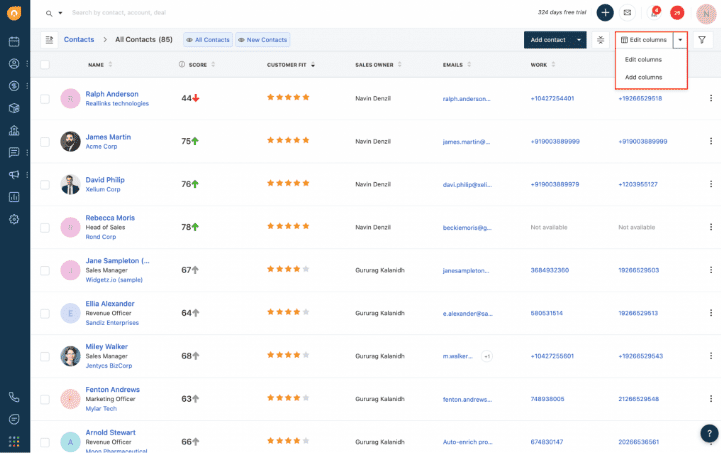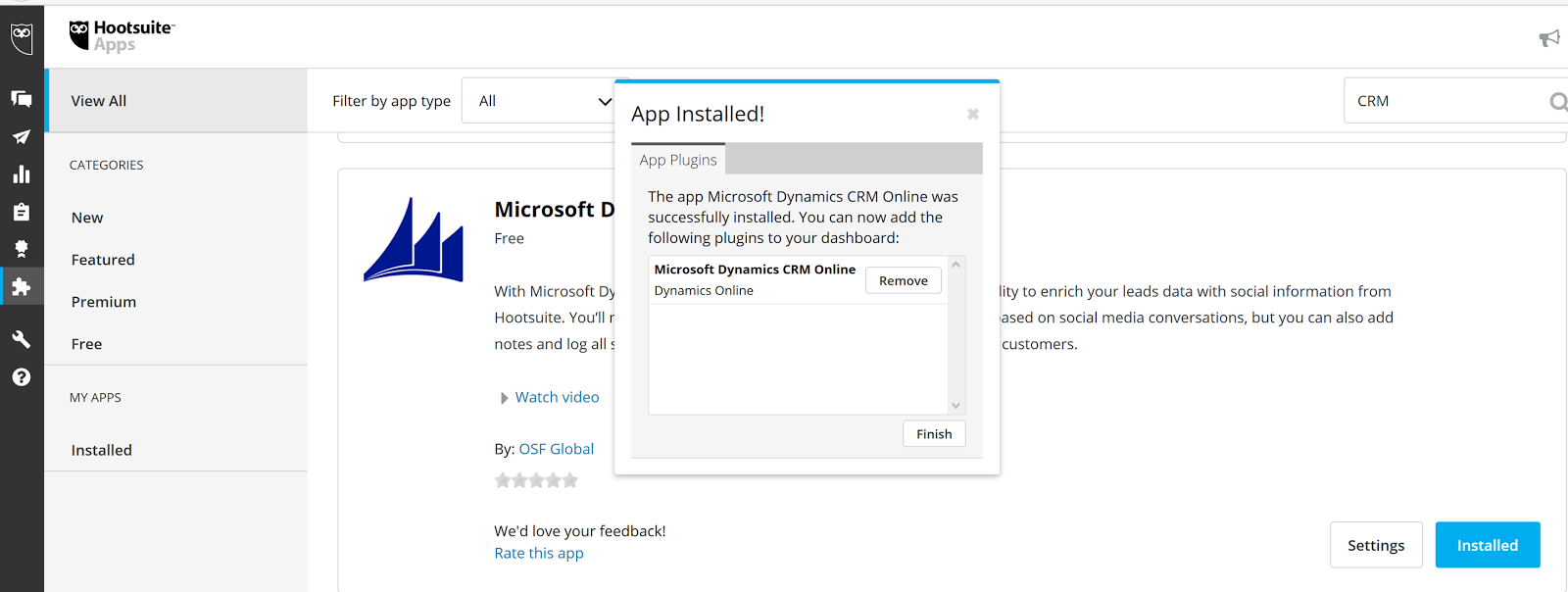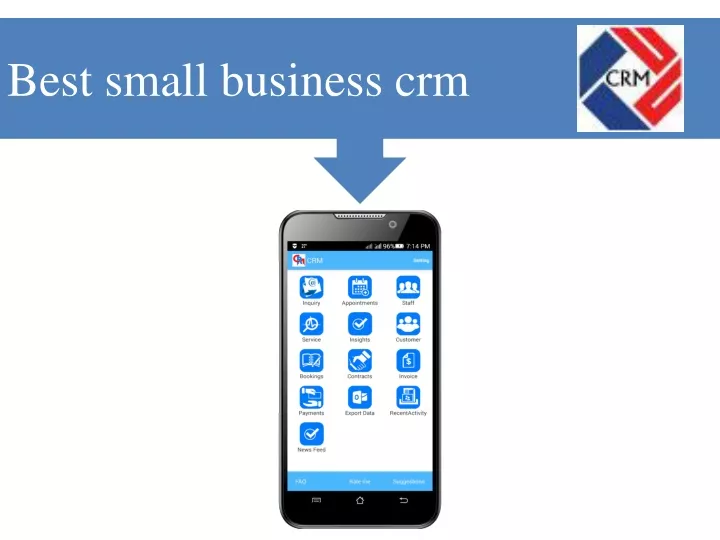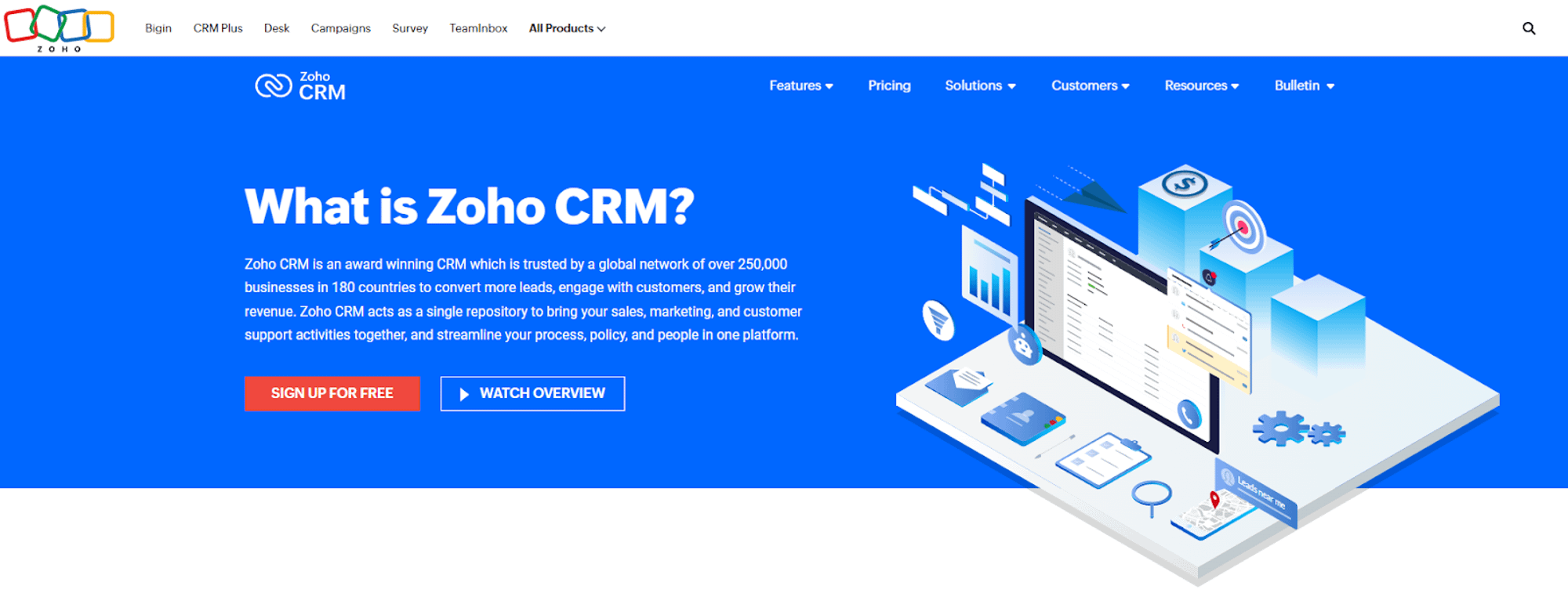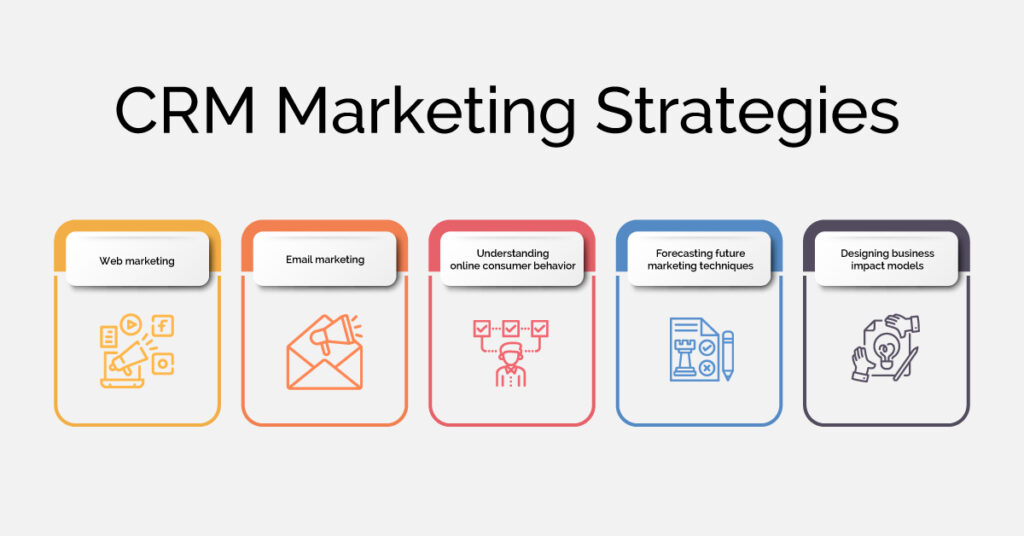
Introduction: Why CRM Marketing Matters for Beginners
So, you’re diving into the world of Customer Relationship Management (CRM) marketing? Fantastic! You’ve stumbled upon a powerful tool that can revolutionize how you connect with your customers and, ultimately, boost your business. For beginners, CRM marketing might seem a bit daunting, filled with jargon and complex processes. But trust me, it’s not as complicated as it sounds. In fact, it’s incredibly rewarding. This comprehensive guide will break down everything you need to know, from the basics to actionable strategies, helping you navigate the CRM landscape with confidence.
CRM marketing is essentially the practice of using CRM software to manage and analyze customer interactions and data throughout the customer lifecycle. It’s about understanding your customers, anticipating their needs, and tailoring your marketing efforts to deliver personalized experiences. In today’s competitive market, simply having a good product or service isn’t enough. You need to build strong relationships with your customers, and that’s where CRM shines.
This guide is designed specifically for beginners. We’ll cover everything from the definition of CRM and its core functions to selecting the right CRM software, implementing effective marketing strategies, and measuring your success. By the end, you’ll have a solid foundation and the tools to start leveraging CRM to achieve your marketing goals.
What is CRM and Why is it Important?
Let’s start with the fundamentals. CRM stands for Customer Relationship Management. At its core, CRM is a system for managing all your company’s interactions with current and potential customers. It’s not just about software; it’s a strategy that prioritizes building lasting relationships.
Key Components of CRM:
- Contact Management: Storing and organizing customer contact information, including names, addresses, phone numbers, and email addresses.
- Interaction Tracking: Logging all interactions with customers, such as emails, phone calls, meetings, and support tickets.
- Sales Automation: Automating sales processes, such as lead generation, lead nurturing, and deal tracking.
- Marketing Automation: Automating marketing campaigns, such as email marketing, social media marketing, and lead scoring.
- Analytics and Reporting: Analyzing customer data to gain insights into customer behavior, identify trends, and measure the effectiveness of marketing campaigns.
Why is CRM Important for Beginners?
For beginners, CRM offers several key benefits:
- Improved Customer Relationships: CRM helps you understand your customers better, allowing you to personalize your interactions and build stronger relationships.
- Increased Sales: By streamlining your sales process and providing valuable insights, CRM can help you close more deals and increase revenue.
- Enhanced Marketing Effectiveness: CRM enables you to target your marketing efforts more effectively, leading to higher conversion rates and a better return on investment (ROI).
- Better Customer Service: CRM allows you to provide faster and more efficient customer service, leading to increased customer satisfaction and loyalty.
- Data-Driven Decision Making: CRM provides valuable data and insights that can help you make more informed decisions about your business.
In essence, CRM is the central nervous system of your customer interactions, providing a single source of truth and enabling you to deliver exceptional customer experiences.
Choosing the Right CRM Software for Your Business
Selecting the right CRM software is crucial for your success. With so many options available, it can be overwhelming. But don’t worry, we’ll break down the key factors to consider when making your choice.
Factors to Consider:
- Business Needs: What are your specific needs and goals? Do you need a system primarily for sales, marketing, or customer service? What are the key features you need?
- Budget: How much are you willing to spend on CRM software? Pricing models vary widely, from free to enterprise-level solutions.
- Scalability: Will the software be able to grow with your business? Choose a solution that can accommodate your future needs.
- Ease of Use: How easy is the software to learn and use? Look for a user-friendly interface and intuitive features.
- Integrations: Does the software integrate with your existing tools and systems? Consider integrations with email marketing platforms, social media platforms, and accounting software.
- Support and Training: Does the vendor offer adequate support and training? Look for resources like online documentation, tutorials, and customer support.
- Security: How secure is the software? Ensure that the vendor has robust security measures in place to protect your customer data.
Popular CRM Software Options for Beginners:
- HubSpot CRM: A free, all-in-one CRM platform with a user-friendly interface and a wide range of features.
- Zoho CRM: A feature-rich CRM platform with a variety of pricing plans to suit different business sizes.
- Freshsales: A sales-focused CRM platform with features like lead scoring, sales automation, and reporting.
- Pipedrive: A sales-oriented CRM designed to help you manage your sales pipeline and close deals.
- Salesforce Essentials: A simplified version of Salesforce, designed for small businesses and startups.
Tips for Choosing the Right CRM:
- Start with a Free Trial: Most CRM providers offer free trials. Take advantage of these to test out the software and see if it’s a good fit for your needs.
- Read Reviews: Research reviews from other users to get an idea of the software’s strengths and weaknesses.
- Consider Your Team’s Technical Skills: Choose a CRM that your team can easily learn and use.
- Prioritize Your Must-Have Features: Make a list of the features that are essential for your business and choose a CRM that offers those features.
- Don’t Overcomplicate Things: Start with a simple CRM and add features as your needs grow.
Remember, the best CRM software is the one that meets your specific needs and helps you achieve your business goals.
Implementing CRM Marketing Strategies: A Beginner’s Guide
Once you’ve chosen your CRM software, it’s time to implement effective marketing strategies. This is where the magic happens. Here’s a step-by-step guide to get you started:
1. Data Migration and Setup:
- Import Your Data: Import your existing customer data into your CRM system. This may include contact information, purchase history, and interaction history.
- Customize Your CRM: Configure your CRM to meet your specific needs. This may involve creating custom fields, setting up user roles, and integrating with other tools.
- Train Your Team: Provide training to your team on how to use the CRM effectively.
2. Segmenting Your Audience:
Audience segmentation is the process of dividing your customer base into groups based on shared characteristics. This allows you to tailor your marketing messages to specific segments, increasing their relevance and effectiveness.
- Identify Key Segments: Identify the key segments in your customer base, such as demographics, purchase history, and behavior.
- Create Targeted Campaigns: Develop marketing campaigns that are tailored to the specific needs and interests of each segment.
- Personalize Your Messaging: Use personalized messaging to make your campaigns more engaging and effective.
3. Lead Generation and Nurturing:
Lead generation is the process of attracting potential customers and capturing their contact information. Lead nurturing is the process of building relationships with leads and guiding them through the sales funnel.
- Create Lead Magnets: Offer valuable content, such as ebooks, white papers, and webinars, in exchange for contact information.
- Use Landing Pages: Create dedicated landing pages for your lead magnets to capture leads effectively.
- Implement Email Marketing Automation: Use email marketing automation to send targeted emails to leads based on their behavior and interests.
- Score Your Leads: Use lead scoring to prioritize your sales efforts and focus on the most qualified leads.
4. Email Marketing Automation:
Email marketing automation allows you to send targeted emails to customers and leads based on their behavior and interests. This can help you nurture leads, close deals, and build stronger customer relationships.
- Create Automated Email Sequences: Create automated email sequences for different stages of the customer journey, such as welcome emails, onboarding emails, and abandoned cart emails.
- Personalize Your Emails: Personalize your emails with the customer’s name, purchase history, and other relevant information.
- Track Your Results: Track your email marketing results, such as open rates, click-through rates, and conversion rates, to measure the effectiveness of your campaigns.
5. Social Media Marketing Integration:
Integrate your CRM with your social media platforms to manage your social media presence and engage with your customers.
- Monitor Social Media: Monitor your social media channels for mentions of your brand and respond to customer inquiries and comments.
- Run Social Media Campaigns: Run social media campaigns to generate leads and drive traffic to your website.
- Track Social Media Engagement: Track your social media engagement to measure the effectiveness of your campaigns.
6. Sales Automation:
Automate your sales processes to streamline your sales efforts and close more deals.
- Automate Lead Assignment: Automate lead assignment to ensure that leads are routed to the appropriate sales representatives.
- Automate Follow-Ups: Automate follow-up emails and tasks to keep your sales pipeline moving.
- Track Sales Performance: Track your sales performance to identify areas for improvement.
7. Customer Service Integration:
Integrate your CRM with your customer service tools to provide faster and more efficient customer service.
- Create a Centralized Customer View: Create a centralized view of each customer, including their contact information, purchase history, and interaction history.
- Track Customer Support Tickets: Track customer support tickets to ensure that all customer issues are resolved promptly.
- Provide Self-Service Options: Provide self-service options, such as a knowledge base and FAQs, to help customers find answers to their questions.
By implementing these strategies, you can leverage CRM to build stronger customer relationships, increase sales, and enhance your marketing effectiveness.
Measuring Your Success: CRM Marketing Metrics
It’s not enough to just implement CRM marketing strategies; you need to measure your success to see what’s working and what’s not. Here are some key metrics to track:
1. Sales Metrics:
- Conversion Rate: The percentage of leads that convert into customers.
- Sales Cycle Length: The average time it takes to close a deal.
- Revenue per Customer: The average revenue generated by each customer.
- Customer Lifetime Value (CLTV): The predicted revenue a customer will generate throughout their relationship with your business.
- Sales Growth: The percentage increase in sales over a period of time.
2. Marketing Metrics:
- Lead Generation Rate: The number of leads generated per marketing campaign.
- Lead Conversion Rate: The percentage of leads that convert into sales opportunities.
- Marketing ROI: The return on investment for your marketing campaigns.
- Website Traffic: The number of visitors to your website.
- Email Open Rate: The percentage of emails that are opened by recipients.
- Email Click-Through Rate: The percentage of recipients who click on links in your emails.
3. Customer Service Metrics:
- Customer Satisfaction (CSAT): A measure of how satisfied customers are with your products or services.
- Net Promoter Score (NPS): A measure of customer loyalty and willingness to recommend your business.
- First Response Time: The average time it takes to respond to customer inquiries.
- Resolution Time: The average time it takes to resolve customer issues.
- Customer Retention Rate: The percentage of customers who stay with your business over a period of time.
How to Track and Analyze Metrics:
- Use CRM Reporting Tools: Most CRM systems have built-in reporting tools that allow you to track key metrics.
- Use Analytics Tools: Integrate your CRM with analytics tools, such as Google Analytics, to track website traffic and other relevant data.
- Create Dashboards: Create dashboards to visualize your key metrics and track your progress over time.
- Regularly Review Your Metrics: Regularly review your metrics to identify areas for improvement and make data-driven decisions.
By tracking these metrics, you can gain valuable insights into your CRM marketing efforts and make data-driven decisions to improve your results. Remember to analyze your metrics regularly and adjust your strategies as needed.
Common Challenges and How to Overcome Them
Implementing CRM marketing, especially for beginners, can come with its share of challenges. However, with the right approach, you can overcome these obstacles and achieve your goals.
1. Data Migration Issues:
Migrating data from your existing systems to your CRM can be a complex process. Data inconsistencies, formatting issues, and data loss can occur.
Solutions:
- Plan and Prepare: Thoroughly plan your data migration process. Clean and organize your data before importing it into the CRM.
- Test the Process: Test the data migration process on a small sample of data before migrating your entire database.
- Use Data Migration Tools: Use data migration tools to automate and streamline the process.
- Seek Expert Assistance: If you’re facing significant data migration challenges, consider seeking help from a CRM consultant or data migration specialist.
2. User Adoption Challenges:
Getting your team to adopt and use the CRM can be a challenge. Resistance to change, lack of training, and a perception of increased workload can hinder adoption.
Solutions:
- Provide Adequate Training: Provide comprehensive training on how to use the CRM and highlight its benefits.
- Involve Users in the Process: Involve your team in the CRM implementation process to get their buy-in.
- Demonstrate Value: Show your team how the CRM can make their jobs easier and improve their performance.
- Provide Ongoing Support: Provide ongoing support and answer questions as they arise.
- Celebrate Successes: Recognize and reward users who are actively using the CRM and achieving positive results.
3. Integration Difficulties:
Integrating your CRM with other systems, such as email marketing platforms and accounting software, can be complex.
Solutions:
- Choose a CRM with Good Integrations: Choose a CRM that integrates seamlessly with your existing systems.
- Use Integration Tools: Use integration tools to automate the integration process.
- Seek Expert Assistance: If you’re facing integration challenges, consider seeking help from a CRM consultant or integration specialist.
4. Lack of Data Quality:
Poor data quality can undermine the effectiveness of your CRM efforts. Inaccurate, incomplete, and outdated data can lead to incorrect insights and ineffective marketing campaigns.
Solutions:
- Implement Data Quality Processes: Implement processes to ensure data accuracy, completeness, and consistency.
- Clean Your Data Regularly: Regularly clean and update your data.
- Use Data Validation Tools: Use data validation tools to identify and correct data errors.
- Train Your Team on Data Entry Best Practices: Train your team on data entry best practices to ensure data quality.
By being aware of these common challenges and implementing the solutions outlined above, you can minimize the obstacles and maximize your chances of CRM marketing success.
Conclusion: Embrace the Power of CRM Marketing
Congratulations! You’ve now completed your journey through the fundamentals of CRM marketing for beginners. You’ve learned about the core concepts, the importance of CRM, how to choose the right software, implement effective strategies, measure your success, and overcome common challenges.
Remember, CRM marketing is not a one-size-fits-all solution. It’s about tailoring your approach to your specific business needs and customer base. Embrace the power of CRM and use it to build stronger customer relationships, increase sales, and enhance your marketing effectiveness.
Key Takeaways:
- CRM is a powerful tool for managing customer relationships and driving business growth.
- Choosing the right CRM software is crucial for your success.
- Effective CRM marketing strategies include audience segmentation, lead generation, email marketing automation, social media integration, sales automation, and customer service integration.
- Measuring your success is essential for continuous improvement.
- Overcoming common challenges requires planning, preparation, and a proactive approach.
Now it’s time to put what you’ve learned into practice. Start by assessing your current needs, choosing the right CRM software, and implementing the strategies that are most relevant to your business. Don’t be afraid to experiment, learn, and adapt. The world of CRM marketing is constantly evolving, so stay curious and keep exploring new opportunities. The rewards of building strong customer relationships and achieving your marketing goals are well worth the effort.
Good luck, and happy marketing!

